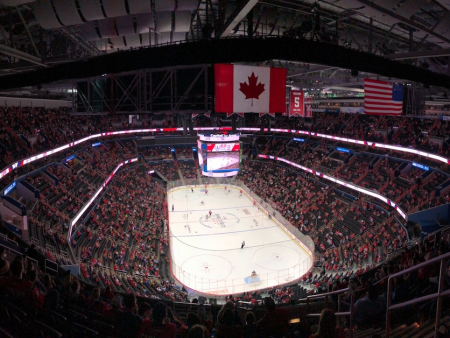
The UK gambling industry was thrown into a state of urgent reassessment following the accidental early publication of a document by the Office for Budget Responsibility (OBR).
The leaked file revealed the government’s intention to implement a drastic increase in Remote Gaming Duty (RGD), raising the rate from the current 21% to 40% starting in April 2026.
This revelation, which appeared hours before the Chancellor’s formal Budget announcement, outlines a fiscal landscape significantly harsher than the low-thirties percentage increase many analysts had predicted.
The document, which was briefly accessible online before being removed, indicates that the government aims to generate an estimated £1.1 billion in new revenue by 2029 through these measures.
The plan includes the 40% RGD hike followed by a new 25% general betting duty in 2027. Notably, the proposal appears to exempt horse racing, spread betting, and pool betting—sectors that had lobbied heavily regarding the commercial risks of tax increases. Casino gaming duty bands are also set to be frozen for the 2026-2027 period.
For online operators, a tax hike of this magnitude represents a fundamental structural change that will necessitate a complete overhaul of pricing and margin strategies.
The OBR’s analysis explicitly anticipates that operators will pass approximately 90% of this increased tax burden onto consumers.
This is likely to manifest through less competitive odds, lower return-to-player (RTP) percentages, and a reduction in bonuses. The OBR forecasts that this shift in value will dampen consumer demand, potentially reducing the expected revenue yield by £0.5 billion by 2030.
Furthermore, the document acknowledges the risk of unintended consequences, specifically the potential for players to migrate to the illicit, unregulated market where tax burdens do not apply.
The leak itself sparked political controversy in Westminster, with the Speaker condemning the premature release of sensitive fiscal data. For the industry, however, the focus has shifted from political procedure to survival strategy, as operators begin planning for a radically different cost environment in the UK market.





